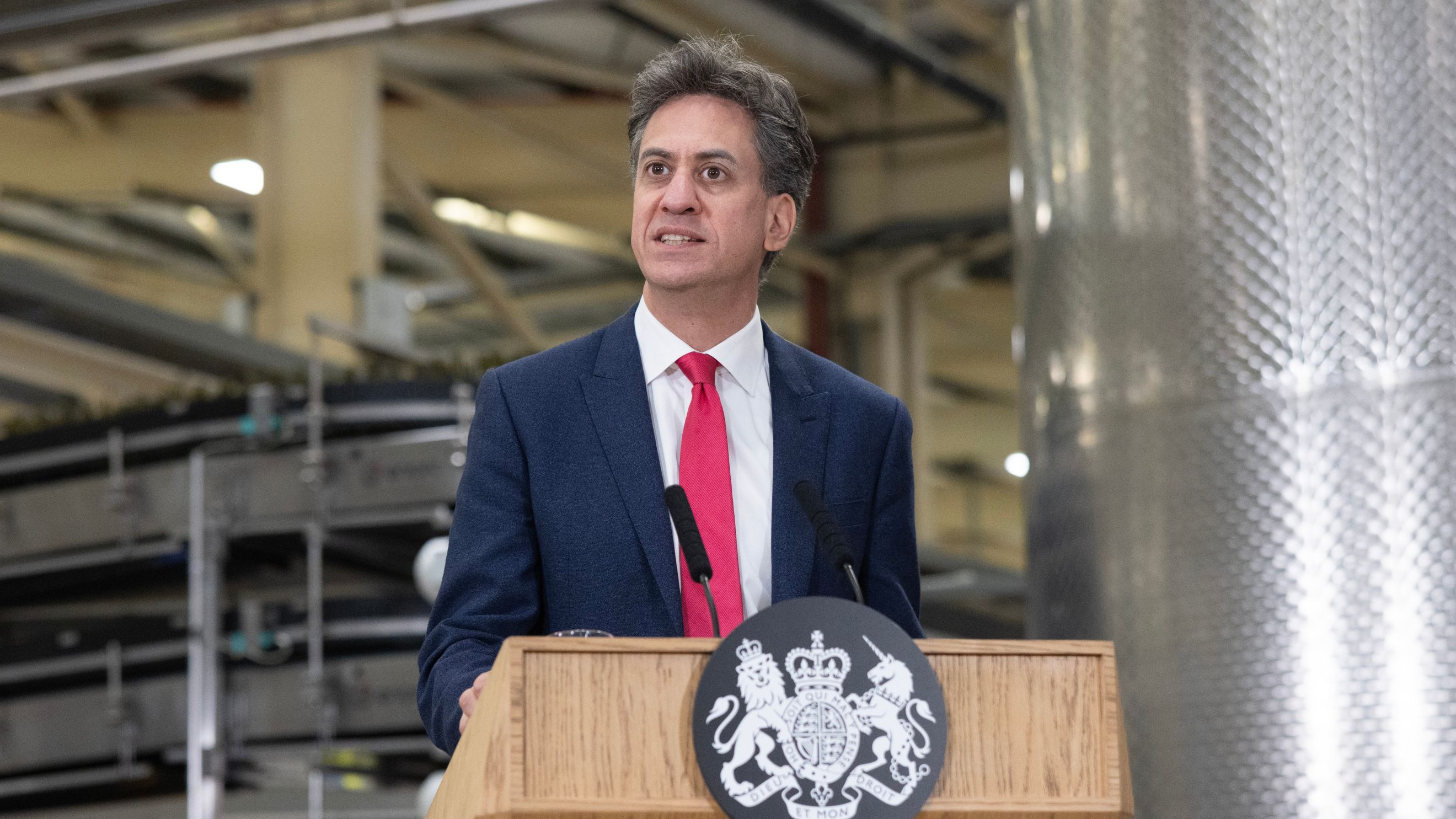Imagine its 2035. Every other car you see on the street is electric, millions of homes have heat pumps providing heat, large data centres the size of ten football pitches are dotted across the country – this has caused the electricity demand to surge by more than 50% over the last decade.
The good news is that a lot of this is powered by renewables, after an aggressive strategy to build huge offshore wind farms and covering large tracts of brownfield land with solar panels over the past decade.
Now also imagine a cold, windless Christmas evening that year, millions of ovens are on, heat pumps are whirring and energy demand is outpacing renewable power supply. The Germans call it dunkelflaute, a long lull of dark windless days.
Read more:
- What was in Rachel Reeves’ historic spending review – and what was missing?
- Is a genuinely uranium-powered future feasible? What unpicking the atomic mindset can do for us
- The North Sea has been Britain’s oil powerhouse for 50 years. But what is its future now?
Ask anyone of the very smart people managing our electricity grid today and they will tell you that this is what concerns them the most. How do we prepare for the dunkelflaute and how do we do so without paying through our noses and without burning more fossil fuels? This is where nuclear comes into the mix. As a steady, relatively reliable source of energy, nuclear is a useful insurance policy.
The UK government’s recent approval of Sizewell C with a massive downpayment of £14.2 billion is a preparation for the predicament I described above. For an insurance policy it is rather expensive and in fact, the real costs are still unknown and considering the nuclear industry’s history of cost overruns, one can safely assume the numbers will be higher.









